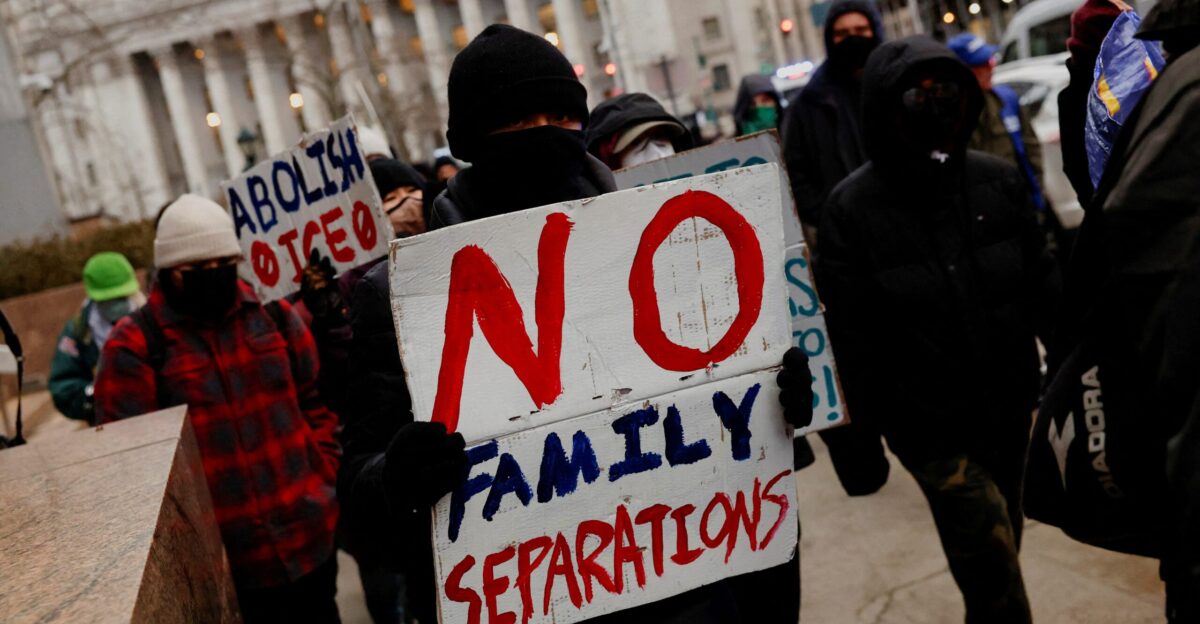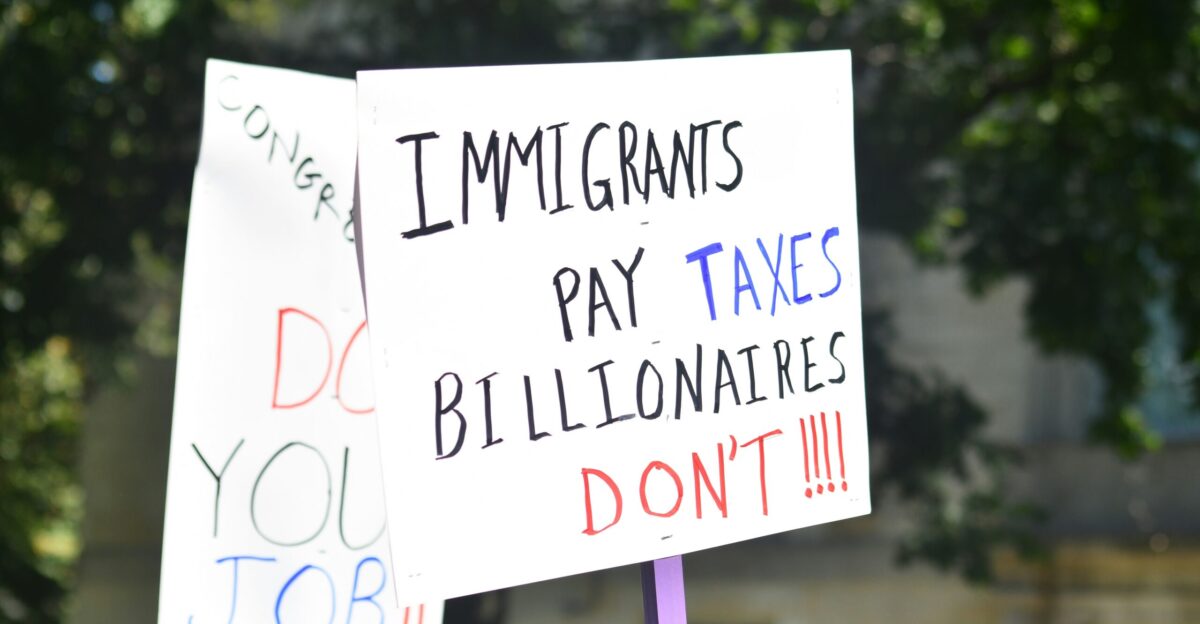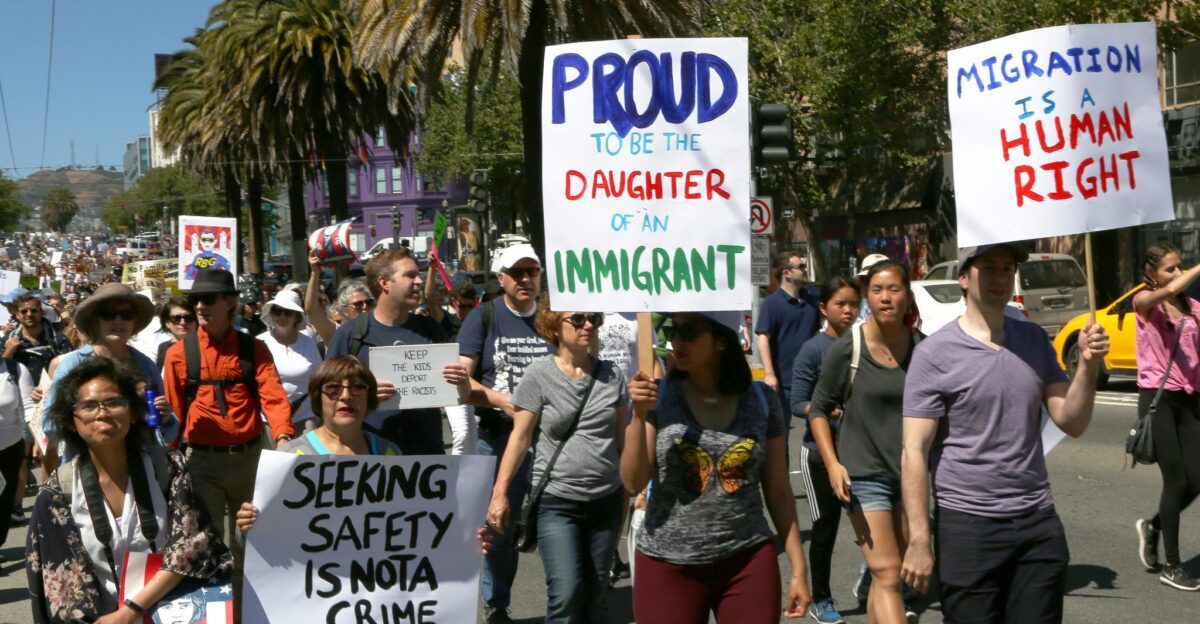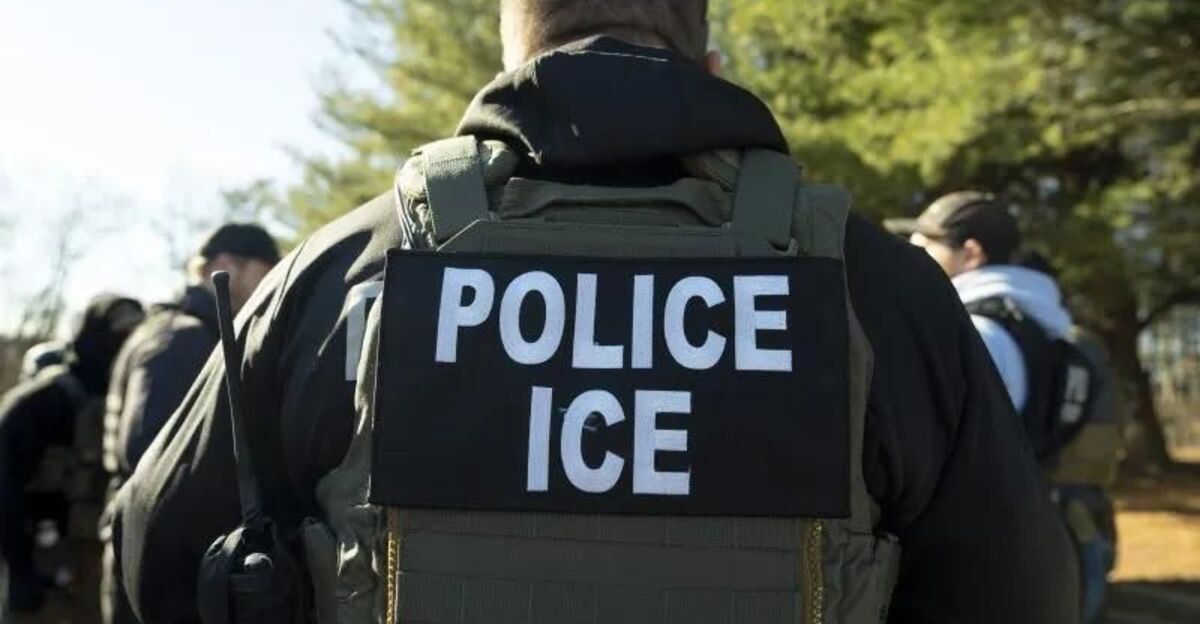
The landscape for undocumented immigrants in the U.S. has changed rapidly in 2025, with harsh new penalties and incentives altering lives and routines.
According to Reuters, ICE is issuing daily fines of $1,000 and offering $1,000 bonuses to those who self-deport, raising the stakes for families nationwide. “This is a financial expansion of enforcement,” notes El País.
Financial Stakes Soar

Federal authorities now routinely threaten immigrants with fines that can quickly add up—sometimes retroactively exceeding $1 million for long-term residents.
The policy affects people already living paycheck to paycheck, according to immigration experts. “The strategy is more akin to intimidation than justice,” says attorney Ana Hernandez.
Changing Enforcement History

This approach draws from a little-used 1996 law but was revived aggressively by the Trump administration in 2025.
Mass notifications and threats of debt collectors were sent to thousands. “The fines are civil, not criminal, but they loom large over families,” explains the Migration Policy Institute.
Tension on the Ground

Legal advocates report a surge in consultations. Many migrants feel pressure from both ICE fines and looming legal deadlines.
“It’s creating personal crises around the country,” said immigration attorney Mark Castillo. Many proceed with self-deportation to avoid debt and legal uncertainty.
Daily Fines

Since January 2025, an estimated 350 immigrants choose voluntary self-deportation every day—a 160% increase since last year, according to Newsweek.
Daily fines and expedited removal campaigns are the direct cause, DHS spokesperson Tricia McLaughlin confirmed on NBC News.
Regional Impacts Unfold

Border states like Texas and California, and major cities such as Chicago and Miami, have seen the highest numbers of self-departures.
Local nonprofits are overwhelmed, scrambling to update their services. “Resources are stretched thin,” reports CBS News.
Losing Everything

Families describe facing the loss of homes, jobs, and support networks. “It’s psychological warfare,” says attorney LaToya McBean Pompy, featured in Reuters. Migrants often leave with little notice, fearing asset seizure more than detention.
Agency Strategy

DHS touts the fines as a “critical tool” that enables quicker removals. Secretary Kristi Noem has publicly promoted the CBP Home app, which streamlines voluntary departures. “We’re prioritizing efficiency and safety,” Noem said at a press conference.
Largest Migration Surge

Experts say this is the largest migration surge in voluntary departures since the late 1990s. Technology and harsh penalties now work together to accelerate removals. “It is a multifaceted pressure campaign,” analyst Katheleen Jose told The New York Times.
The $1,000 Bonus

ICE now offers a $1,000 bonus and free airfare through the CBP Home app to incentivize voluntary departures.
This program aims to reduce detention costs while increasing self-removal. Homeland Security touts it as a “dignified exit,” but critics are skeptical.
Losing Clients

Legal advocates feel hamstrung by rapid removals, losing clients with little notice. Social service providers say it’s impossible to deliver continuity of care. “Our model doesn’t work at this speed,” laments lawyer Eva Martinez.
Leadership Shift

DHS Secretary Kristi Noem has doubled down, defending tactics as protecting American communities. Her office claims deportations prevent crime and save resources, but urban leaders and activists continue to challenge official claims.
Recovery Efforts Begin

Legal clinics and advocacy groups are launching “departure clinics” to help immigrants understand their options.
“We focus on rights and resilience,” said coordinator Melanie Torres. Support groups grow across major cities, adapting as the situation changes.
Expert Doubts

Scholars question whether the fines and bonuses truly address immigration’s root causes. Policy analysts warn financial pressure may disproportionately affect vulnerable groups without curbing future migration. “It’s not a long-term solution,” warns Dr. Lucas Caldwell.
An Uncertain Future

The future is uncertain as legal challenges mount and Congress debates further enforcement. Some officials anticipate rollback, while others call for ramping up penalties. “Policy remains very fluid,” remarks analyst Katheleen Jose.
Political Ripples

The new enforcement push divides lawmakers, with some urging fiscal responsibility and others warning against dehumanizing policies. Kristi Noem claims safer streets but opponents cite lost trust in communities.
Global Response

Foreign governments follow the U.S. experiment with caution, fearing similar tactics may spread internationally. Advocates and diplomats raise concerns about rights and bilateral relations.
Legal Battlegrounds

Courts question if daily fines violate due process. Civil rights groups challenge the scale and severity of enforced penalties. “There is little precedent for asset seizures,” says legal scholar Dr. Lucas Caldwell.
A Pivotal Moment

Activists rally against what they see as excessive punishment. Generational divides shape attitudes, with younger people leaning towards reform and older groups favoring enforcement. “This is a pivotal moment,” says organizer Carlos Rivas.
What It Means

The unprecedented wave of self-deportation reflects an enforcement strategy built around economic pressure.
As Congress and courts debate the future, the country faces key questions about values—balancing policy and compassion.